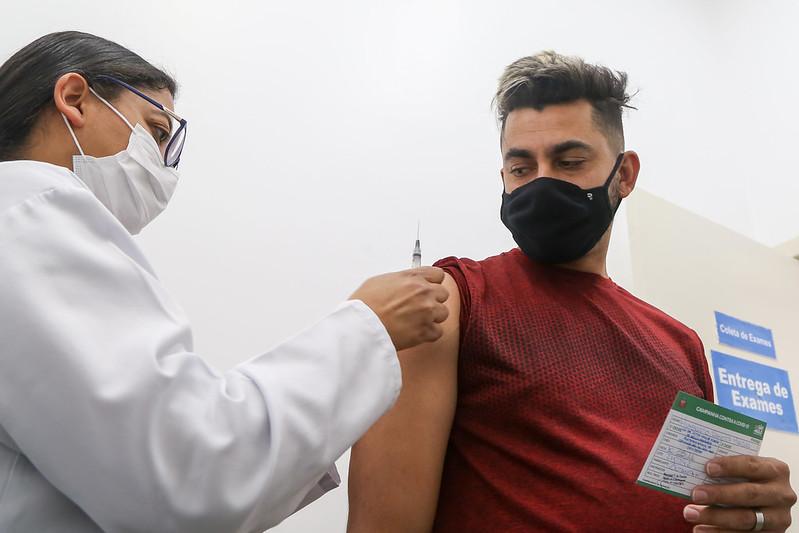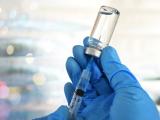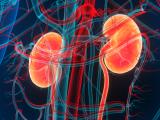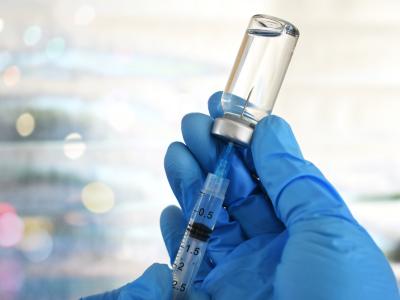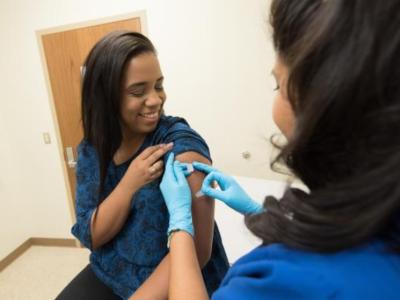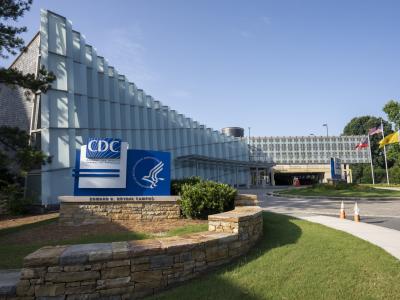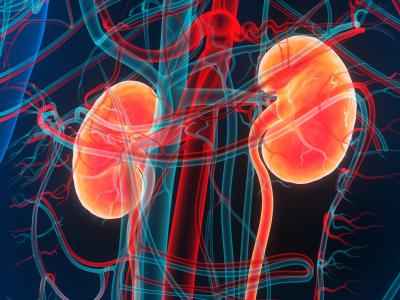With the world well into its third surge, COVID-19 cases rose last week for the seventh week in a row, led by spikes in the Americas and Western Pacific regions, with deaths up sharply in the latter, the World Health Organization (WHO) said in its weekly snapshot of the pandemic.
In other developments, the WHO announced the next phase of the Solidarity treatment trial, which will evaluate three already existing drugs.
Patterns and burden shift with Delta now in 142 countries
In its weekly update, the WHO said the five countries reporting the most cases last week include the United States, India, Iran, Brazil, and Indonesia. Countries reporting some of the biggest increases include Botswana (up 76%), Peru (64%), Japan (51%), the United States (35%), the Philippines (32%), Morocco (31%), Iran (20%), and Thailand (20%).
Africa’s recent decline in cases has slowed, with nearly half of the countries reporting increasing cases. The increase in the Americas is mainly driven by steady rises in the United States and Peru, and in the Eastern Mediterranean region, cases are on the increase in nearly half of the countries, the WHO said.
At a Pan American Health Organization (PAHO) briefing today, officials said cases are up in the Caribbean region, parts of Central America, as well as in the United States, Canada, and Mexico. Europe’s cases dropped 7%, but levels are rising in the region’s southeast in countries including Macedonia, Kosovo, and Albania.
In Asian regions, Southeast Asia’s cases have plateaued as India’s outbreak has stabilized, but in the Western Pacific, cases and deaths are up, mainly led by surges in Japan, the Philippines, and Malaysia.
Seven more countries reported their first Delta (B1617.2) variant cases, raising the total to 142.
WHO launches next phase of treatment trial
At a WHO briefing today, the group’s Director-General Tedros Adhanom Ghebreyesus, PhD, announced the launch of the second phase of the WHO Solidarity trial that will assess three already existing drugs as COVID-19 treatments for hospitalized patients.
They include artesunate, a malaria treatment; imatinib, a cancer drug; and infliximab, an immunotherapy for disorders including Crohn’s disease and rheumatoid arthritis. An independent expert panel chose the trial treatments, which will be tested at more than 600 hospitals in 52 countries.
"I would like to thank the governments, hospitals, researchers, and patients who are participating in the trial, as well as the three manufacturers who have donated the drugs for the trial: Ipca, Novartis and Johnson & Johnson," Tedros said.
More global headlines
- The European Medicines Agency (EMA) is examining possible links between mRNA-based COVID-19 vaccines and three new conditions—erythema multiforme (a type of allergic skin reaction), glomerulonephritis, and nephrotic syndrome—according to Reuters. The agency says only a small number of people have been affected, and it has not requested any labeling changes. It has, however, requested more data from Pfizer and Moderna.
- A lockdown for the Australian city of Melbourne in Victoria state has been extended for a week after 20 new local cases were reported, 15 of which are linked to current clusters, according to the country’s ABC News.
- The European Union is considering banning travelers from the United States again, as the nation’s cases rise steadily, according to the Washington Post. Also, European officials have expressed concerns that the United States has not lifted its travel ban on travelers from many European countries, given that cases have dropped in many of them. Ten are currently on the State Department’s "avoid travel" list.
- The global total today reached 204,453,745 cases, along with 4,320,801 deaths, according to the Johns Hopkins online dashboard.
